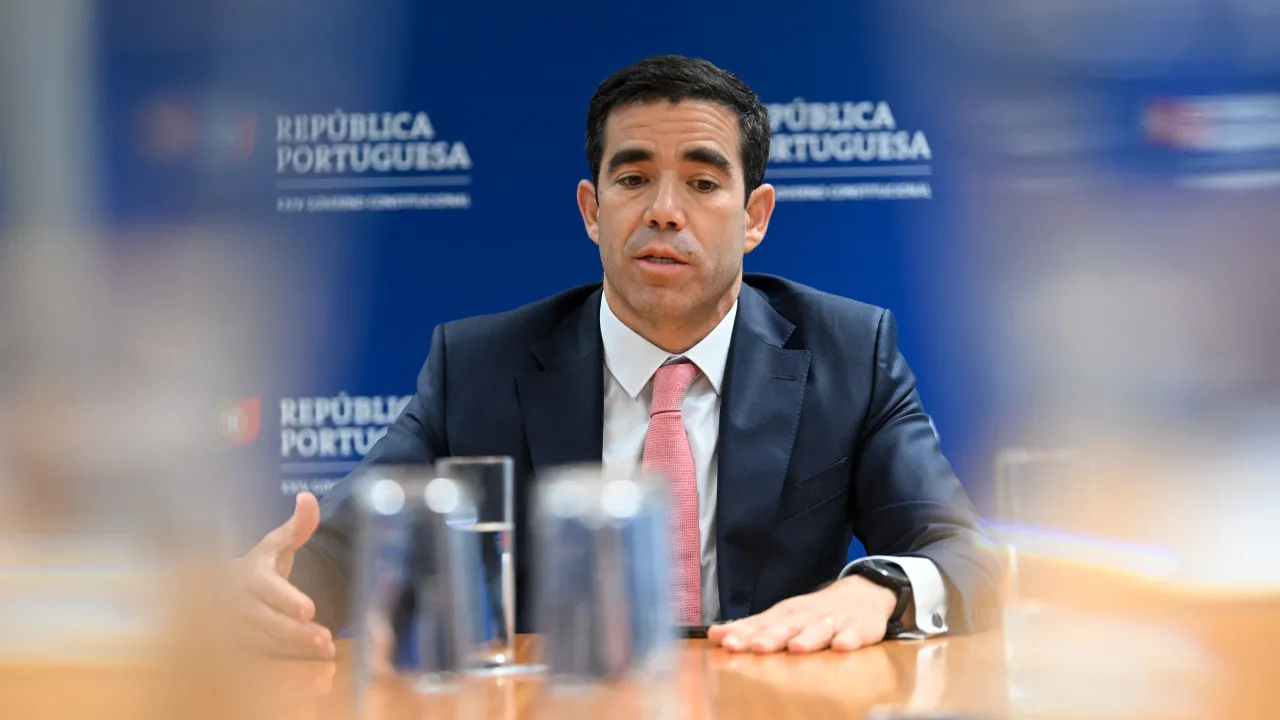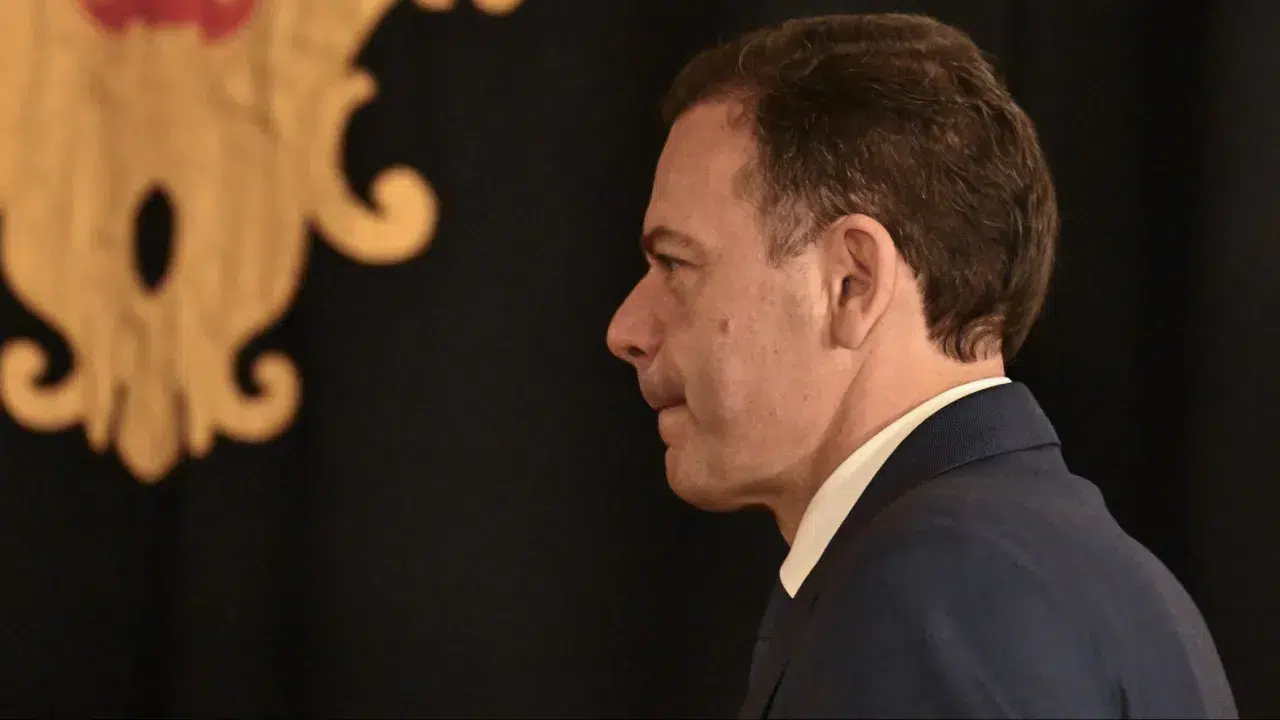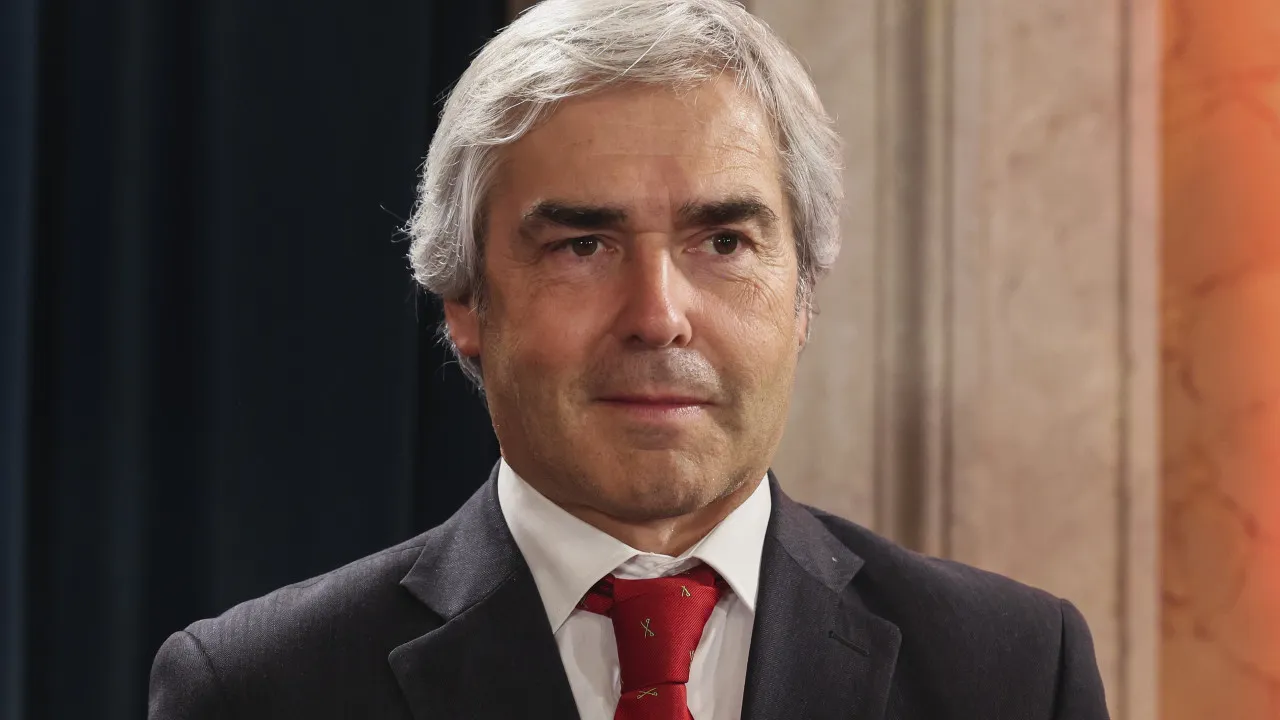
The International Monetary Fund (IMF) has projected Timor-Leste’s economic growth at 3.9% for this year and emphasized that the government should prioritize quality expenditures in the infrastructure, health, and education sectors.
“Growth is expected to remain robust, maintaining at 3.9% in 2025, sustained by fiscal expansion and strong credit growth, with a slowdown to 3.3% anticipated for 2026,” stated Carrière-Swallow, who led the IMF team concluding their visit to the country.
The team arrived on June 19 for discussions under Article IV of 2025.
“Inflation, which sharply declined last year due to falling global food and energy prices, is expected to rise moderately with increasing international food prices,” Carrière-Swallow added.
The IMF forecasts inflation to be at 0.9% this year, rising to 1.8% in 2026.
The financial organization, after meetings with Timorese authorities, the private sector, development partners, and civil society, also believes that the State Budget for 2026 should prioritize “quality spending in the areas of physical infrastructure and human capital, including health and education, while controlling recurring expenditures.”
“The Government is rightly focused on identifying measures to curb the public sector wage bill, which has grown significantly in recent years, and on implementing a Value Added Tax (VAT) from January 2027,” Carrière-Swallow emphasized.
The IMF recommends structural and budgetary reforms over ten years to enable the Timorese Government to support private sector development by gradually reducing budget deficits to preserve debt sustainability.
“For 2026, the reforms we propose would be compatible with a central government expenditure envelope of about $1.85 billion [approximately 1.5 billion euros],” the statement noted.
The IMF congratulates the Government on “continuing progress in financial sector reforms” at the legislative level, “whose implementation will support private sector development.”
“We also recommend accelerating the issuance of property titles and establishing a national digital identification system, crucial reforms to improve credit access, diversify the private sector, and enhance public expenditure efficiency,” the IMF added.
This week, the Timorese Government set the General State Budget expenditure for 2026 at $1.85 billion (approximately 1.58 billion euros), a significant reduction from 2025.
Last year, the Timorese parliament approved the General State Budget proposal for 2025, valued at $2.6 billion (approximately 2.2 billion euros).
Government forecasts project economic growth of 2.7% in 2026 and 4.3% for this year.
Regarding inflation, forecasts from the Ministry of Finance indicate a continuing downward trend in 2025, expected to reach 1.8%, and stabilizing at 2% over the next five years.




